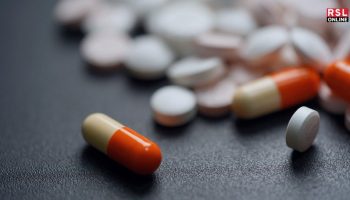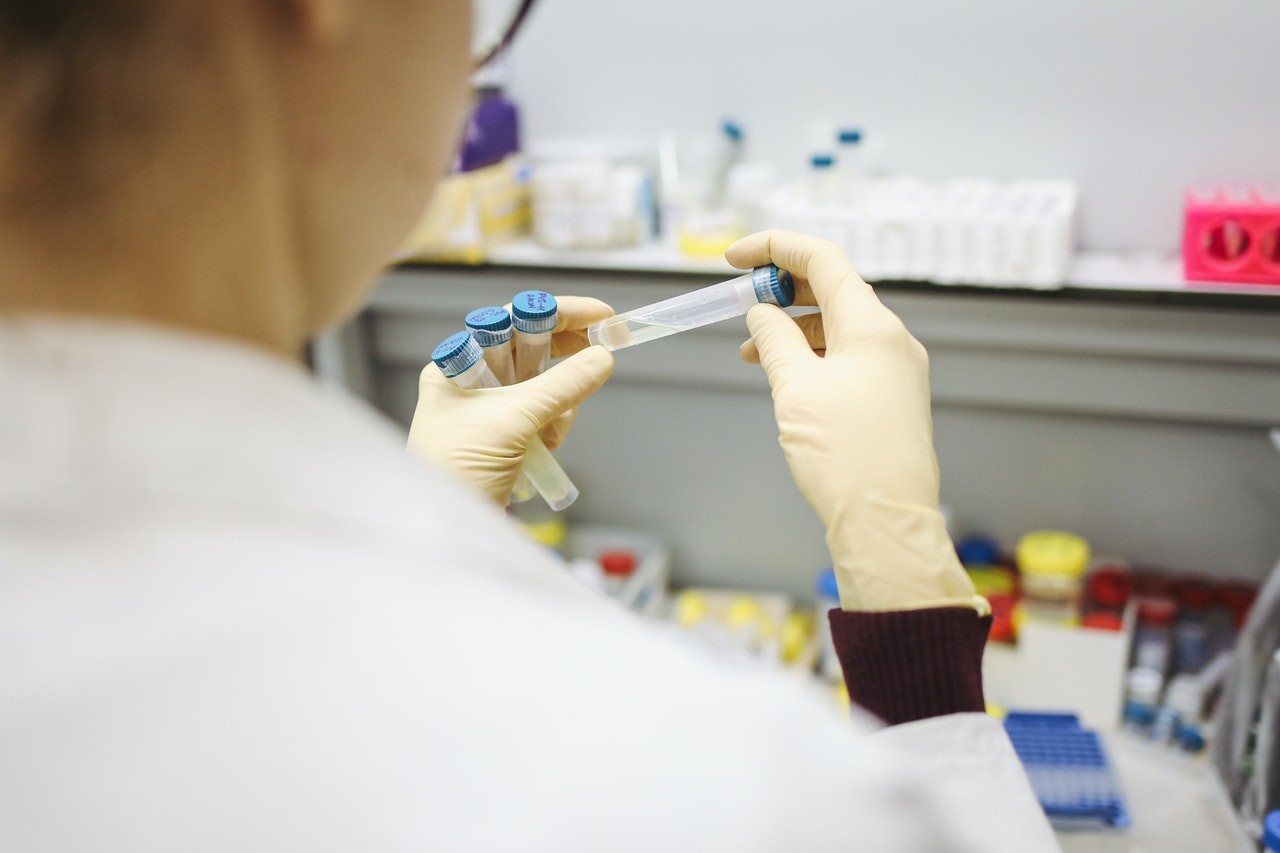Researchers from all parts of the world have been working tirelessly to develop vaccines to fight COVID-19. The virus has infected at least 82 million, and the death toll stands at 1.7 million globally and more than 240,000 infections in the UAE. Some countries have already started distributing various vaccines to health workers, staff, and residents of long-term care institutions, frontline workers, and vulnerable people in society.
Types of COVID-19 Vaccines
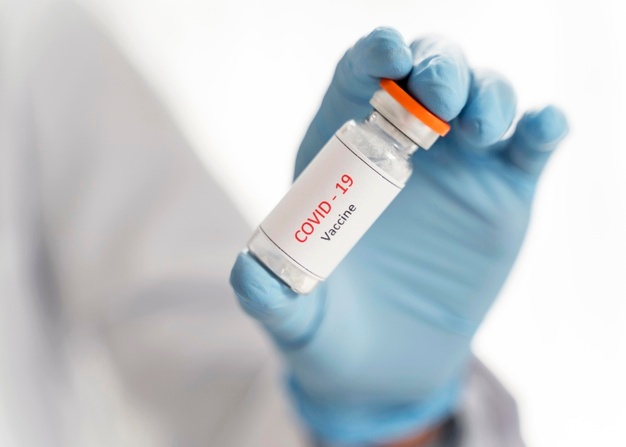
Various vaccines have been approved, for instance, Pfizer and Moderna. Pfizer was developed by one of the largest pharmaceutical companies in the world based in New York, in conjunction with German biotech Company BioNTech. It requires 2 doses taken 21 days (3 weeks) apart. Pfizer is expected to produce up to 1.3 billion doses by the end of 2021.
The Moderna vaccine was developed by a Massachusetts-based biotech company in conjunction with the National Institutes of Health. It requires 2 doses 4 weeks apart. The company aims to distribute at least 500 million doses globally every year beginning in 2021.
Other vaccines include the AstraZeneca, which was developed by U.K University in collaboration with AstraZeneca a biopharmaceutical company. It requires 2 doses within 12 weeks; the second dose completes the vaccine and is necessary for protection. There are other vaccines awaiting approval.
All the Facts You Need to know about COVID-19 Vaccines
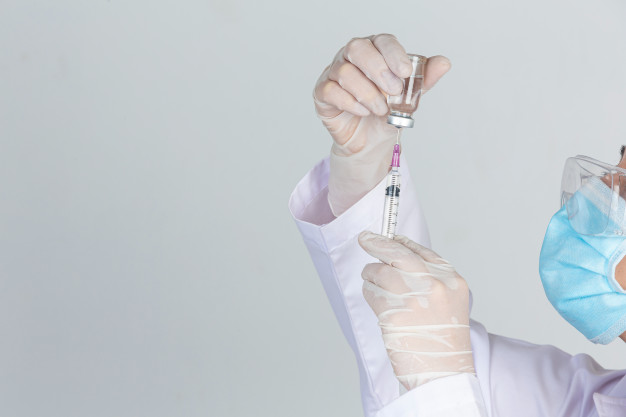
The speed by which COVID-19 vaccines were developed and approved has left many people with questions and skepticism. That’s why we’ve gathered these crucial facts to help you understand everything you need to know.
How Do the COVID-19 Vaccines Work?
The COVID-19 vaccines work by helping your body to develop immunity to the Coronavirus that causes COVID-19. Various vaccines work differently; however, all types of vaccines leave the body with a supply of ‘memory’ T-lymphocytes and B-lymphocytes; these ‘remember’ how to attack the virus in the future. Your body produces these lymphocytes a few weeks after vaccination.
Are the Vaccines Safe?
Before vaccines are approved, federal agents collaborate with vaccine manufacturers to create and authorize an effective vaccine. All vaccines pass through clinical trials and CMC consulting to check their safety and efficacy. The Food and Drug Administration requires vaccine manufacturers to follow a high standard when developing vaccines.
Various vaccines that meet the standards are approved for emergency use. There is a need for continuous monitoring after vaccination. It is necessary to consult your cardiologist in Dubai because the COVID-19 has several mild side-effects, for instance, fatigue, chills, swelling, pain, redness, muscle pain, etc.
Can I Get the Virus After Vaccination?
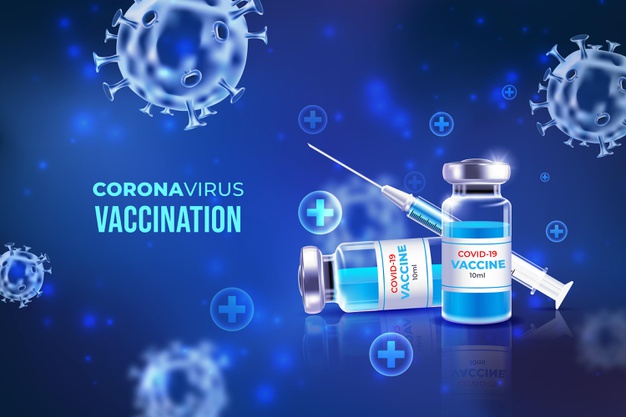
The COVID-19 vaccine reduces your chances of getting the Coronavirus. Each vaccine is tested on more than 20,000 individuals in various countries and proved to be safe. Like all medicine, your body requires a few weeks to build immunity from the vaccine. It is crucial to understand that no vaccine is 100% safe; you should continue following the recommended guidelines to avoid infection. Some individuals may still get the Coronavirus even after vaccination; however, this should be less severe.
Why Do I Need Both Doses?
Not all vaccines require 2 shots; however, some do. When a vaccine requires 2 shots, the first requires dose helps your body to recognize the virus and prepares your immune system, while the second strengthens your immune response. This helps your body to fight the virus/infections, for instance, Pfizer’s first shot gives you 52% immunity, while the second is 95% effective in preventing the Coronavirus.
It is necessary to consult your health provider from a medical center in Dubai to get guidelines on where to get the vaccine. Your body takes a few weeks to build immunity to the vaccine, so it’s vital to take health precautions to avoid getting infected during this period.
Is the Vaccine Necessary If I’ve Already Had COVID-19?
One of the biggest questions on people’s minds is whether you need a vaccine if you already had the Coronavirus? The answer is yes; although your body builds immunity against the virus during infection, scientists advice you to still get vaccinated. It is necessary to get vaccinated because different immune systems display unique responses to the virus.
Although 90% of infected individuals can build immunity for up to 8 months, the other 10% have a poor response after 8 months. Some people get re-infected; this shows that immunity from the first infection fades away or gets weaker with time. There is no way to tell if you are in the 90% or 10%; this is why the vaccine is vital for everybody. No studies or conclusive evidence are showing that people who have already been infected should not get the vaccine.
The Coronavirus has infected and killed millions globally; this is why scientists in various countries have strived to find a vaccine. Different vaccines have been approved and are already in use. The vaccines give you immunity even if you’ve already been infected. Unlike what some skeptics assume, the vaccines have been tested and are safe and effective.









